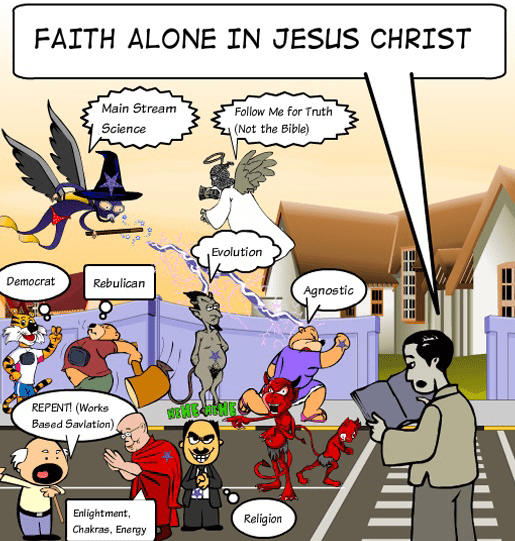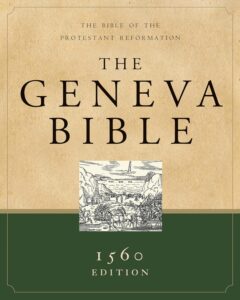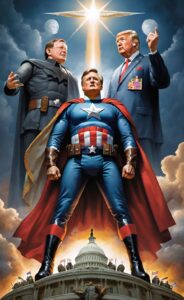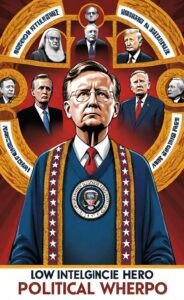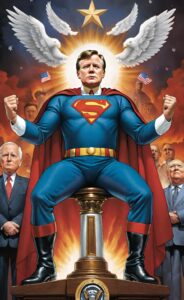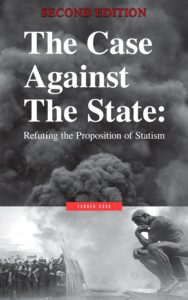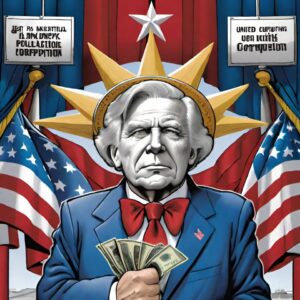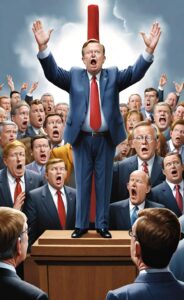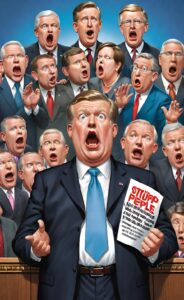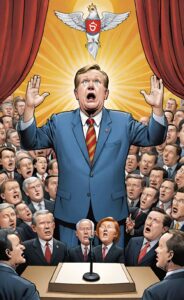In the world of American politics, the gap between citizens and wealthy politicians continues to widen. The increasing influence of wealth on policy decisions has created a discord that threatens to silence the voice of the average citizen. This is the reality we face, citizens seemingly have no allies in politics of the rich.
The Influence of Wealth in Politics
The infusion of wealth into politics is a tale as old as time. But as the years roll by, the narrative takes a more distressing turn. Let’s delve into the gears of this machine. Let’s talk campaign funding, lobbying, and political donations. What ties all these elements together? The common denominator is money. Imagine politics as a vast, intricate machine. This machine runs not on fuel or electricity, but money. It is the lifeblood, the lubricant that keeps the gears turning. And those who can afford to fill its coffers?
They invariably find the machine bending to their will. The bottom line? The more money poured into this machine, the greater its propensity to sway towards those holding the purse strings. This amplifies the voices of the wealthy, often drowning out the collective murmurs of the average citizen. So, you see, the issue at hand is not just about the involvement of wealth in politics, but how it continually amplifies the influence of the affluent at the expense of the common man.
Wealthy Politicians and Policy-Making
Step into the shoes of the rich and powerful, where policy-making becomes an art form of serving personal interests and agendas. The platform on which policies are designed and implemented is often tilted towards the wealthiest echelons of society, the ones who fund political campaigns, lobby for their interests, and enjoy unparalleled access to lawmakers. They’re not just calling the shots, they’re dictating the laws of the game.
Imagine being an ordinary citizen in this high-stakes match. It’s like playing a basketball game where your opponents control the hoop’s height, the court’s dimensions, and the game’s pace. When policies are drafted by the wealthy for the wealthy, it’s the ordinary citizen who’s left scrambling for a fair shot.
The tale of policy-making becomes less about public service and more about protecting and advancing the interests of the wealthiest. Education policies focus on private schools and universities, ignoring the plights of underfunded public schools. Tax policies become a tool to consolidate wealth, offering generous loopholes for corporations and high earners. Even healthcare policies often pander to the interests of insurance companies and pharmaceutical giants, leaving ordinary folks grappling with unaffordable costs.
The gears of policy-making are not just influenced by wealth, they are often designed to perpetuate it. The narrative of policy-making has become a cautionary tale, signaling how far we’ve strayed from the ideals of democracy and equal representation. The influence of the wealthy in this arena is not just about consolidating power, it’s about sculpting the world to their whims and fancies, often at the expense of the common citizen.
The Illusion of the Citizens’ Voice
The belief that we, as citizens, wield significant influence in the political arena is a seductive one. We often hear about the power of the ballot box, the might of our collective voices, and the potential for change. But is this power we’re told we possess genuine or merely smoke and mirrors?
Let’s consider the dynamics at play. Politicians, rely on a steady stream of campaign funding to stay in the game. This funding is often generously supplied by wealthy donors. The consequence? Elected officials who are more attuned to the whispers of the moneyed elite than the roar of the average voter. When our representatives are so heavily indebted to their wealthy benefactors, are they still truly representative of us?
Let’s take it a step further. Look beyond the election cycle, into the day-to-day operations of governance. Lawmakers spend much of their time juggling the demands of lobbyists, who are often backed by substantial financial resources. In these corridors of power, the clout of the ordinary citizen seems diminished, our pleas drowned out by the resonating echo of the mighty dollar.
In this context, our voice, our so-called influence, can often seem like a phantom, a mere specter of democracy. Our capacity to effect change is diluted when our elected representatives owe their allegiance to their financiers. Our collective voice can only be as powerful as the ears willing to listen to it. And in the grand symphony of politics, it seems we’re currently playing second fiddle to the wealthy.
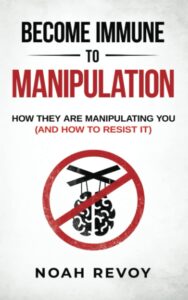
> Check Current Book Prices <Implications of the Wealth-Politics Disconnect
The fissure between citizens and affluent politicians isn’t just an abstract concept, it holds concrete consequences. When the voice of the ordinary citizen fades into the cacophony of wealthy influence, the very foundations of our government tremble. Think about it. Government is, at its heart, a system where every citizen should have an equal say. But when the rich hold the megaphone, that fundamental tenet is at risk.
And then there’s policy-making. Policies sculpted by the wealthy, for the wealthy, tend to leave the rest of society in the dust. This cultivates a fertile ground for social inequality to proliferate. When legislation consistently favors those at the top of the economic ladder, those in the lower rungs find the climb increasingly steep and precarious.
The societal ripple effects are far-reaching and manifold. Educational opportunities become skewed. The burden of taxation grows uneven. The struggle for affordable healthcare becomes steeper. All the while, the wealth gap continues to yaw.
So, you see, the impact of the wealth-politics disconnect is not a distant echo. It reverberates through our daily lives, our communities, and the very essence of our lives. When wealth and politics engage in a seemingly unbreakable tango, it’s the citizenry that often steps on the proverbial broken glass. The strains of this dance are not just theoretical. They’re keenly felt, echoing through the halls of our schools, the files of our tax returns, and the prescriptions of our medicine cabinets.
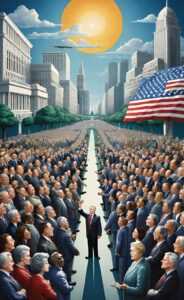
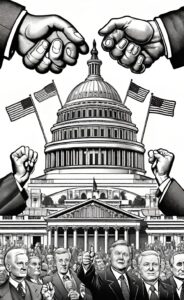
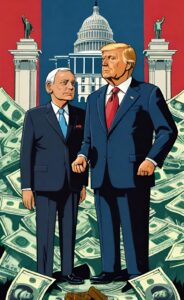
The Elusive Search for Political Equality
The yearning for political equality among citizens is palpable, yet its attainment often feels just out of reach, like a mirage. There’s an undeniable power dynamic at play, where influence seems predominantly stockpiled in the opulent quarters of the wealthy elite. It’s like a soccer game where one team has not only the ball but also the referee in their pocket. The scales of power seem perpetually tipped, the voice of the ordinary citizen struggling to resonate amid the booming echoes of the affluent.
In this lopsided landscape of power, our quest for political equality often feels like we’re navigating a maze with the end constantly shifting. The labyrinth of politics is intricate and winding, but it is this very complexity that fuels our resolve. Our pursuit is not in vain, for each step forward, each call for reform, each citizen engaged, brings us a stride closer to the political equality we seek.
Despite the challenges, the quest continues, driven by a resilient hope and a steadfast belief in the essence of statism. We may be up against a Goliath, but history has shown us that David can triumph. Even in this seemingly skewed game, we understand that our role is crucial, our voices vital, and our pursuit of political equality necessary.
Empowering Citizens for Political Change
So, what steps can we take to start healing the gap between citizens and the affluent political sphere? A critical starting point lies in revamping campaign finance laws. We need a system that doesn’t allow the size of one’s bank account to dictate the weight of their political influence. Implementing stringent regulations that curtail the financial clout in politics could tip the scales towards a more balanced representation.
However, the process doesn’t stop with policy reform. To truly foster political change, we need to empower ourselves and the people around us. This means diving into the grassroots level of politics. Our local communities offer a rich tapestry of opportunities for engagement, from attending town hall meetings, participating in local elections, to actively supporting local representatives who prioritize the public’s needs over private interests.
Let’s stand tall against the shadows of affluence that loom over our political landscape. Because when the politics of the wealthy start to eclipse the voices of ordinary citizens, it’s a sign for us to turn up the volume. We can and must play a pivotal role in our communities. After all, it’s our right, our responsibility, and, indeed, our power.
